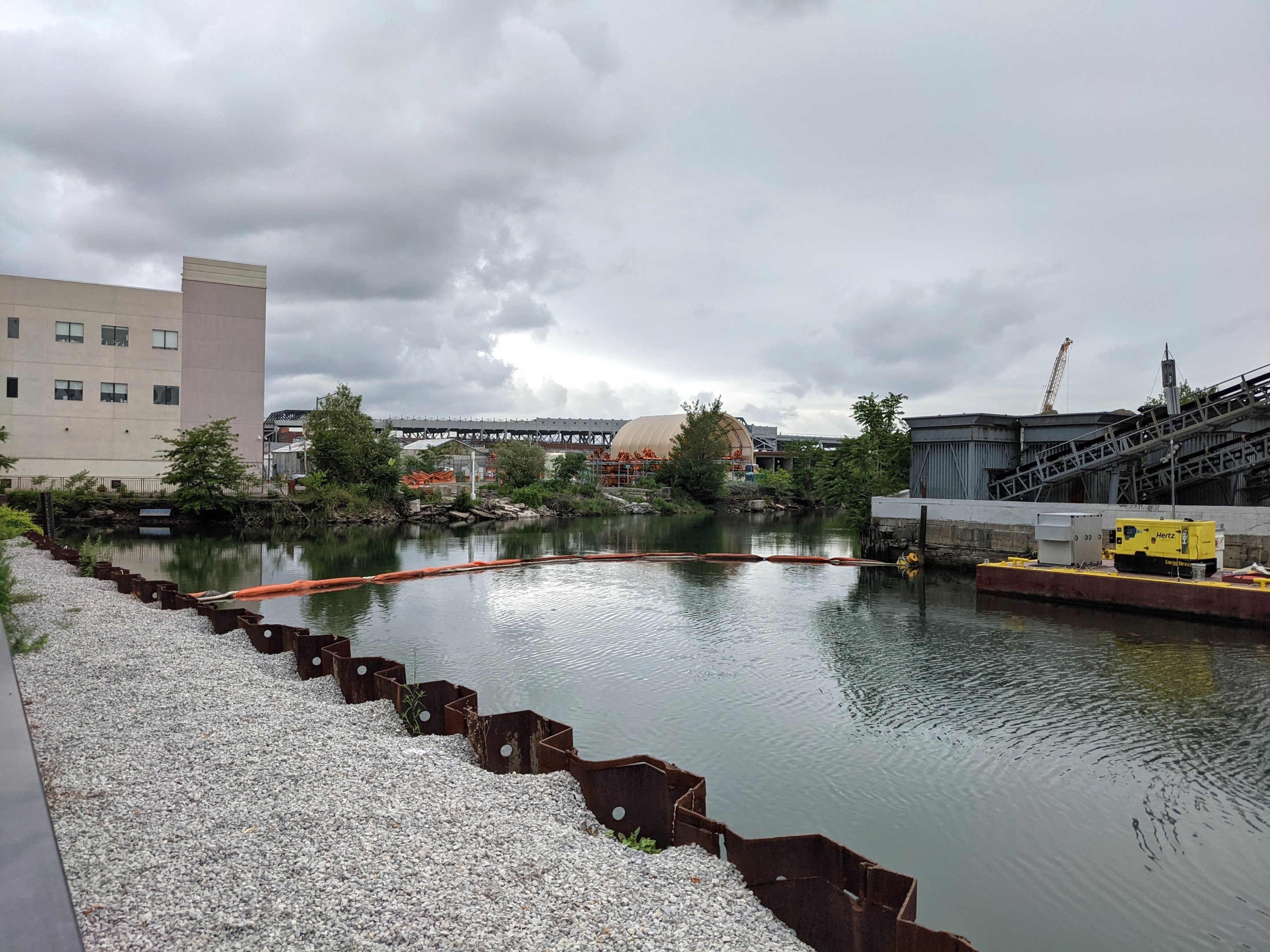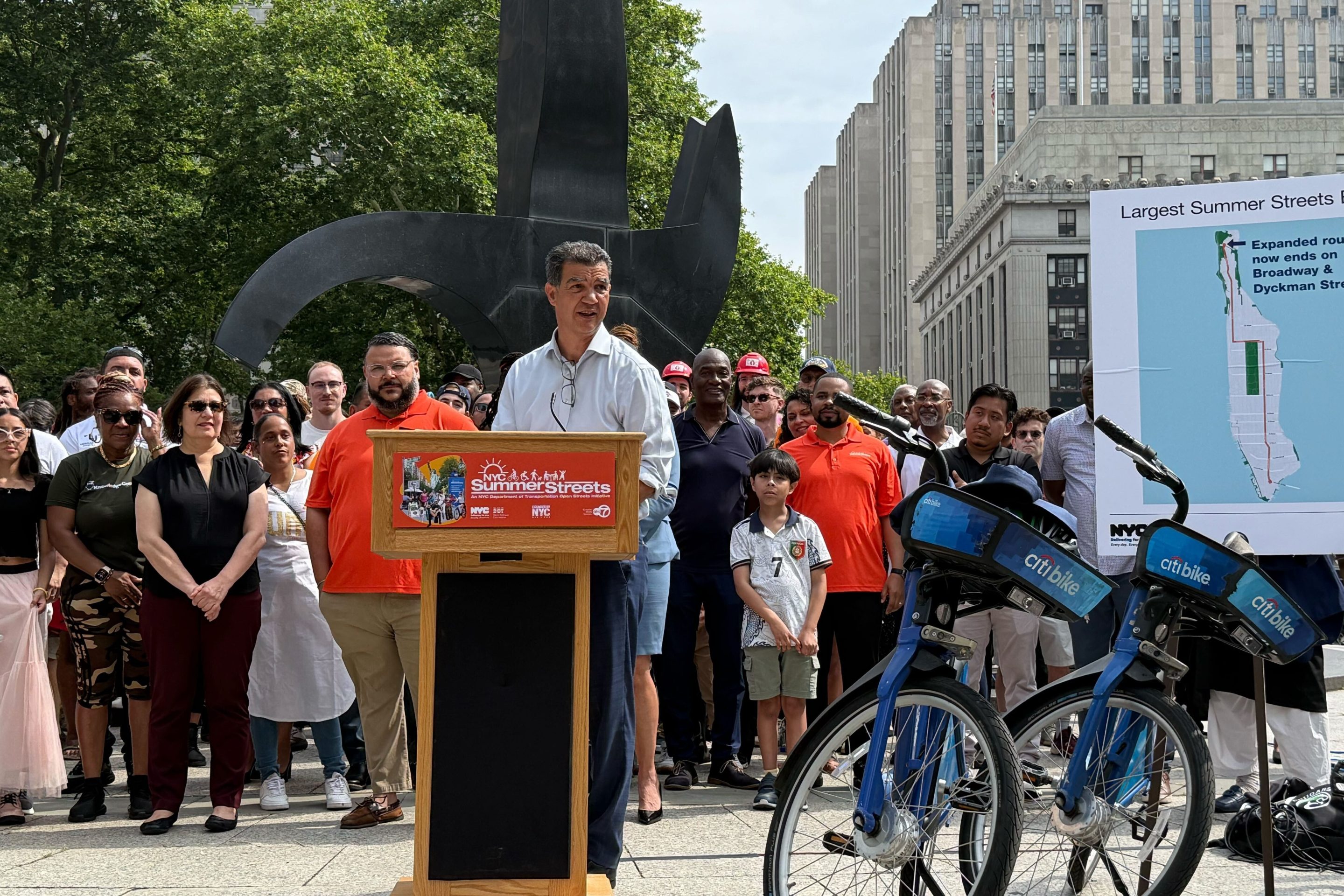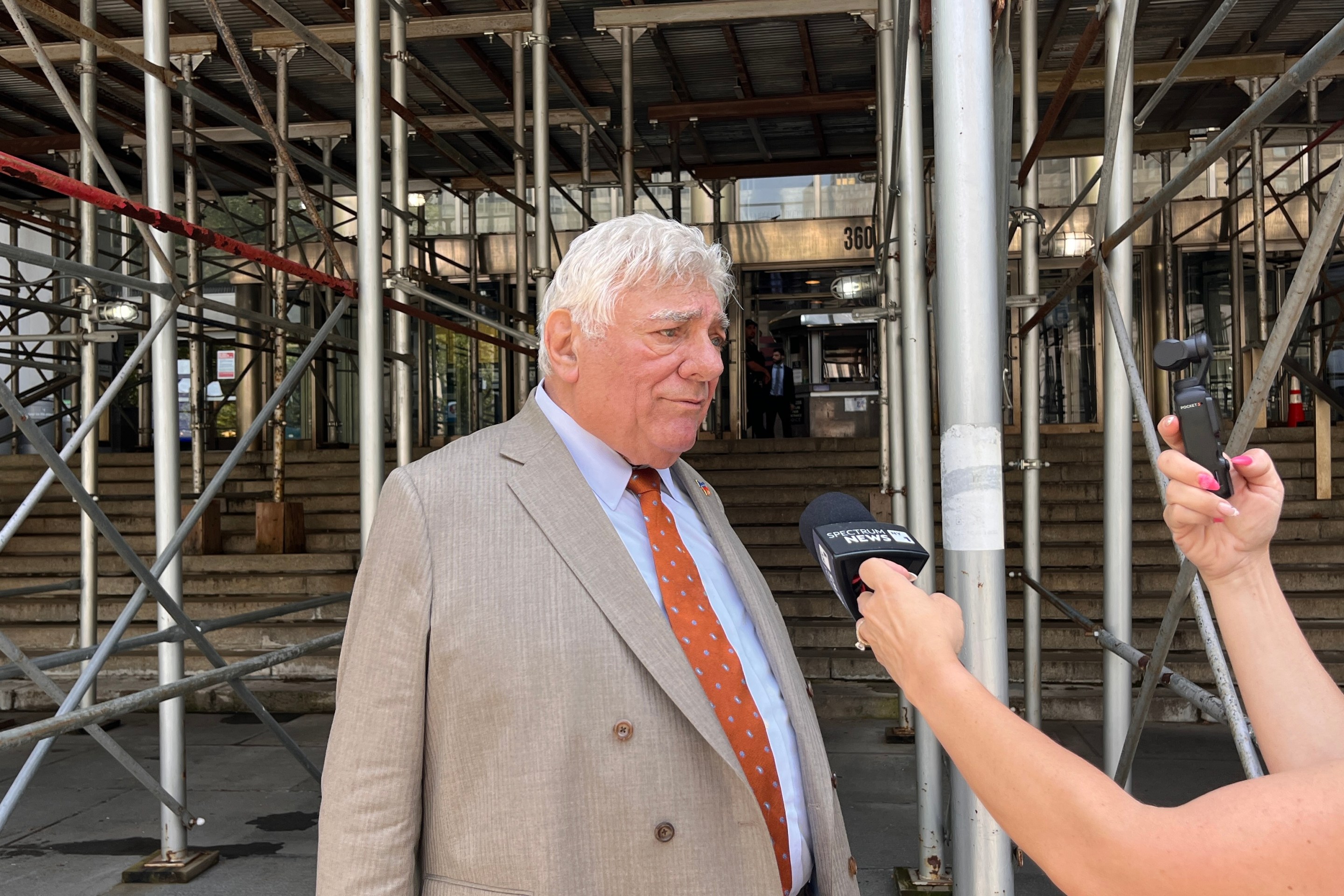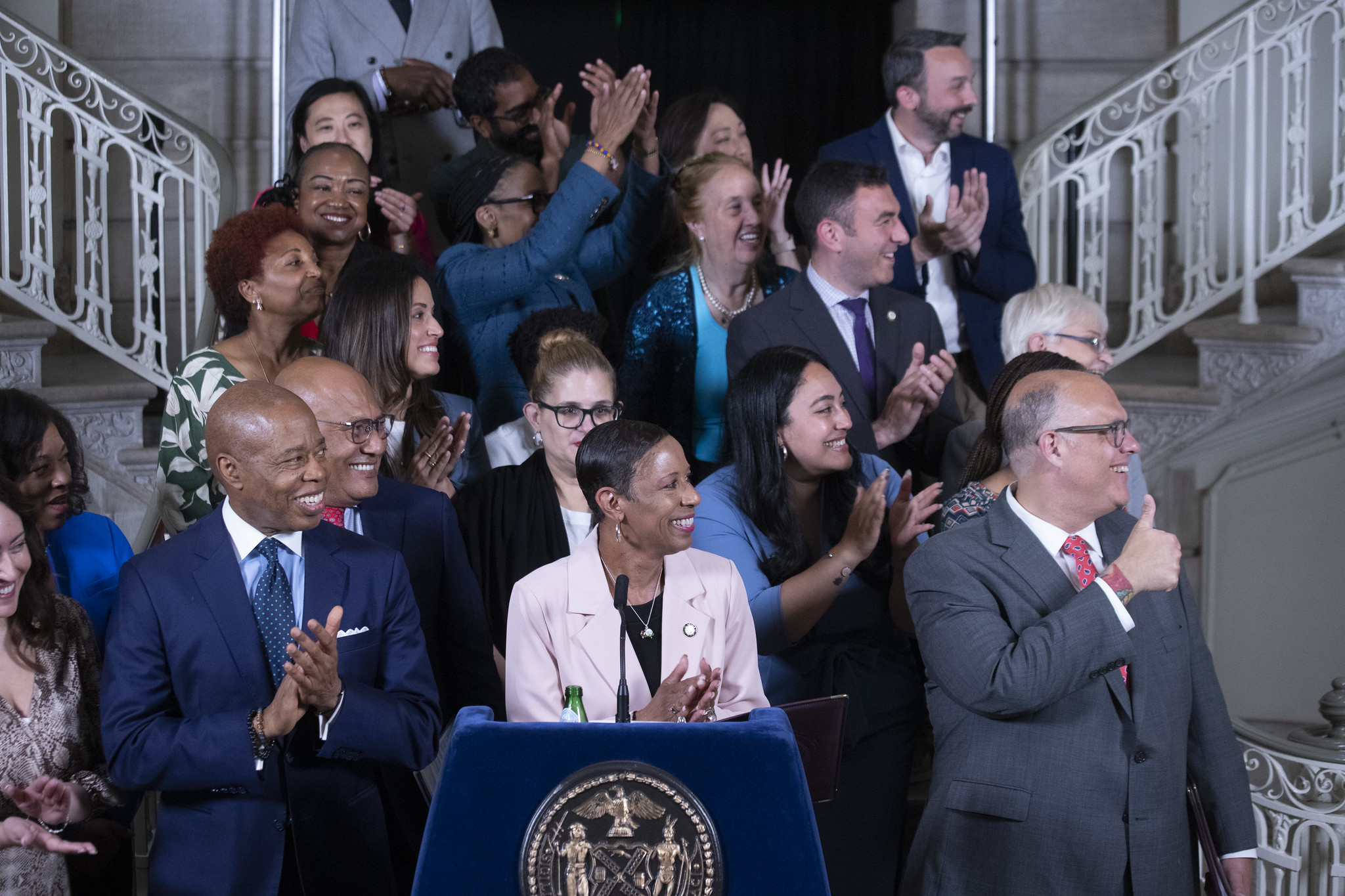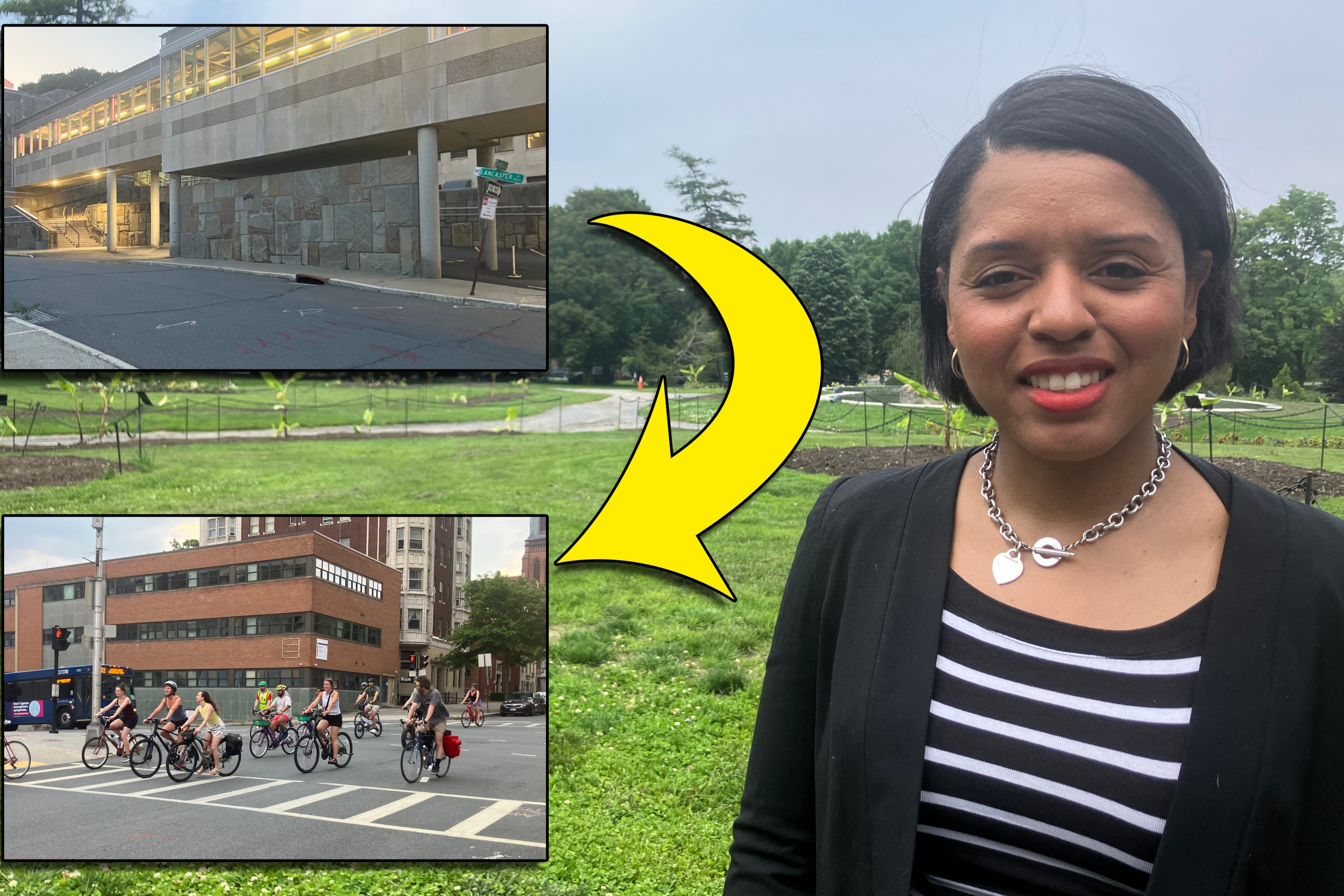Just before the pandemic, I moved to the part of Brooklyn where Carroll Gardens meets Gowanus. Although Smith Street closer to Atlantic Avenue is a restaurant haven, near where I live the street is dead, housing big empty lots. Past those lies the Gowanus Canal. Unlike the canals of Venice or Amsterdam, the Gowanus is mostly a hostile environment, with little building frontage, several bridges that bikers and pedestrians must share with large trucks, walled-off lots with heavy machinery, and a big Whole Foods parking lot.
An ongoing rezoning promises to create a better neighborhood around the canal, providing housing, much of it affordable, to thousands of new neighbors. Ground-level retail, new streets – some of them pedestrian only, new parks and plazas, and direct access to the canal will make it walkable and enjoyable. The neighborhood’s proximity to several subway stops (Carroll Street, Smith-Ninth, Fourth-Ninth) and bus routes would make it a true transit-oriented community.
With climate change breathing down our necks and housing prices soaring, wrapping up the rezoning quickly and getting to building should be a priority. But many of my neighbors disagree — and the opposition’s true concerns are not entirely clear.
The strong, increasingly organized, opposition to the Gowanus rezoning, "Voice of Gowanus," has thrown everything at the wall to see what sticks. According to its literature, the sewage system will collapse; the transit lines are already at capacity; jobs will be lost; luxury housing will displace residents in a distressed, low-income neighborhood; the community engagement happened over Zoom and therefore was unlawful.
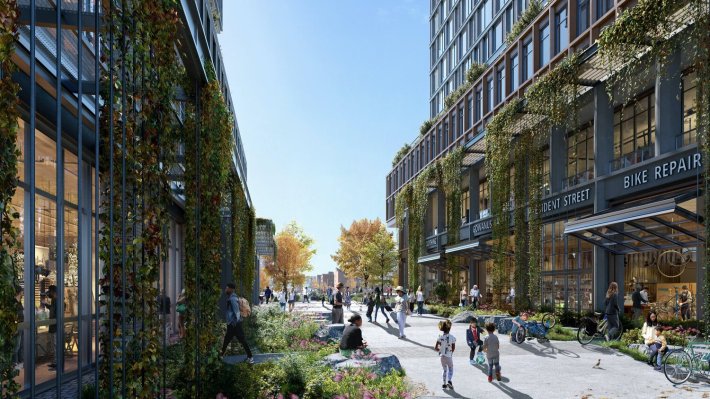
Most of this isn't true and, quite frankly, those probably are not the real reasons why people are putting so much time and effort into opposing the rezoning.
As is often the case with development — in Gowanus and elsewhere — different folks dislike it for different reasons: Some may feel that too much affordable housing will bring low-income people to the community, lowering homeowners’ property values (there are offensive whispers that crime will spike as a result). Others may worry that new “luxury” housing might make amenities and surrounding housing too costly, causing displacement. Others fear that development might simply change the status quo — which can seem scary.
One argument, however, tends to reflect genuine fears and recurs during every rezoning: New development will mean less parking. Many New Yorkers – especially those in a higher income bracket – own cars and are accustomed to parking them on the street for free. Many view free on-street car storage as an inalienable right, so every new neighbor means potentially one less opportunity to park for free.
This is the so-called "tragedy of the commons": Everyone wants access to the curb. Each new car means more competition for finite curb space. As is typical of this economics phenomenon, people act selfishly when they think their access is threatened.
Even if parking loss is not the opposition’s main concern, it certainly serves them well to stoke these parking fears in order to gain support. I recently tweeted a photo of a hyperbolic flyer being handed out by Voice of Gowanus, warning neighbors that if they support the rezoning, they will permanently lose free car storage.
In case anyone was wondering what the Gowanus rezoning opposition is up to today... pic.twitter.com/o8MDpCW6PS
— Annie Weinstock (@Annie_Weinstock) June 1, 2021
If you don’t pay attention to the rezoning and what’s going on in the neighborhood, it sounds scary! It can be hard to think about the overall benefits of the rezoning on the housing supply, climate change, and neighborhood liveliness when faced with a threat to the way you have chosen to live your life. Privilege is very hard to give up. Very few people do it willingly.
In fact, the rezoning does come with some new — if minimal — off-street parking for the new residents because of minimum-parking requirements in the city's zoning code. These requirements exist precisely because communities worry about losing their on-street parking. Yet new off-street parking lots make it easier for people to own cars and drive, triggering more traffic congestion. Minneapolis, Buffalo, and San Francisco, among others, recently successfully dropped such requirements.
A recent article in The Atlantic described how developers pass the cost of minimum-parking requirements onto tenants. Parking may or may not be the true reason that Voice of Gowanus is trying to stop the rezoning. If, as the group says on its website, it is concerned that the “majority of the apartments will be super expensive,” well, members should be agitating for less off-street parking, and accept a slightly longer search for on-street parking.
The NIMBYism manifested by Voice of Gowanus, and which is seen in basically all rezonings, is contradictory and baffling — especially when it comes from self-identified progressives. The District 39 City Council candidates mostly opposed the rezoning, and the more "progressive" they are, the more opposed. Yet, they missed some fundamental points. Citywide, high housing prices stem from lack of supply. Raise the supply to meet demand across the city, and housing price hikes will slow and eventually stop. Upzoning neighborhoods is an important start.
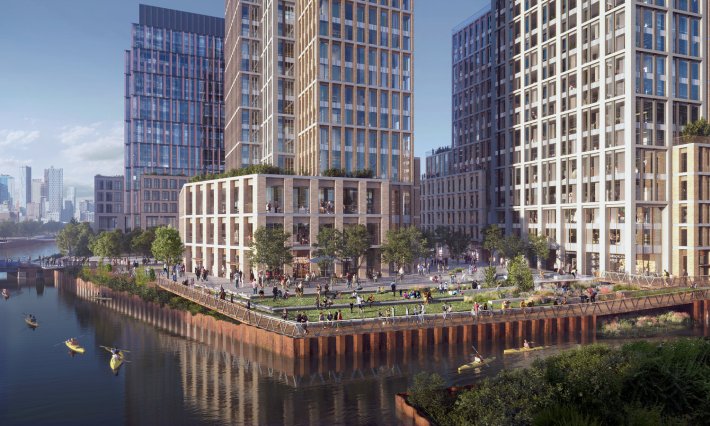
Meanwhile, progressive housing advocates often support upzoning in wealthy neighborhoods in order to provide low- and middle-income housing that will enable more people from a mix of incomes to live there — even if prices rise locally in the short term. The Gowanus Rezoning does precisely that. More city housing also tends to lessen demand for suburban housing — which is important when it comes to climate change.
If progressives truly cared about our dual emergencies of climate change and skyrocketing housing prices, they would usher through as many rezonings as possible in as short a time as possible — not sue to stop them all.
It is even more baffling when you realize that the opposition is made up of urbanites. What is living in a city if not being close to many people? The plans and renderings I’ve seen so far seem like an urbanist’s dream.
If the opposition took a second, it might actually find that they enjoy the vision of a rezoned Gowanus. Rather than fight to keep our walled-off fields filled with tumbleweeds and toxins, we should all be fighting to make the city realize the urban dreamscapes it is presenting. We should be fighting for less off-street parking to make the housing more affordable, more frequent transit, and many other asks of the Gowanus Neighborhood Coalition for Justice, a racially and economically diverse group seeking to influence local planning, so long as the costs don’t break the budget. Maybe try to get a new bike/ped-only bridge thrown in the mix. We should be looking for common cause to make this the best project it can be.
Then we should move on to the next rezoning.
Annie Weinstock (@Annie_Weinstock) is the director of programs of People Oriented Cities and, with Walter Hook, helms its Reorientations blog.
